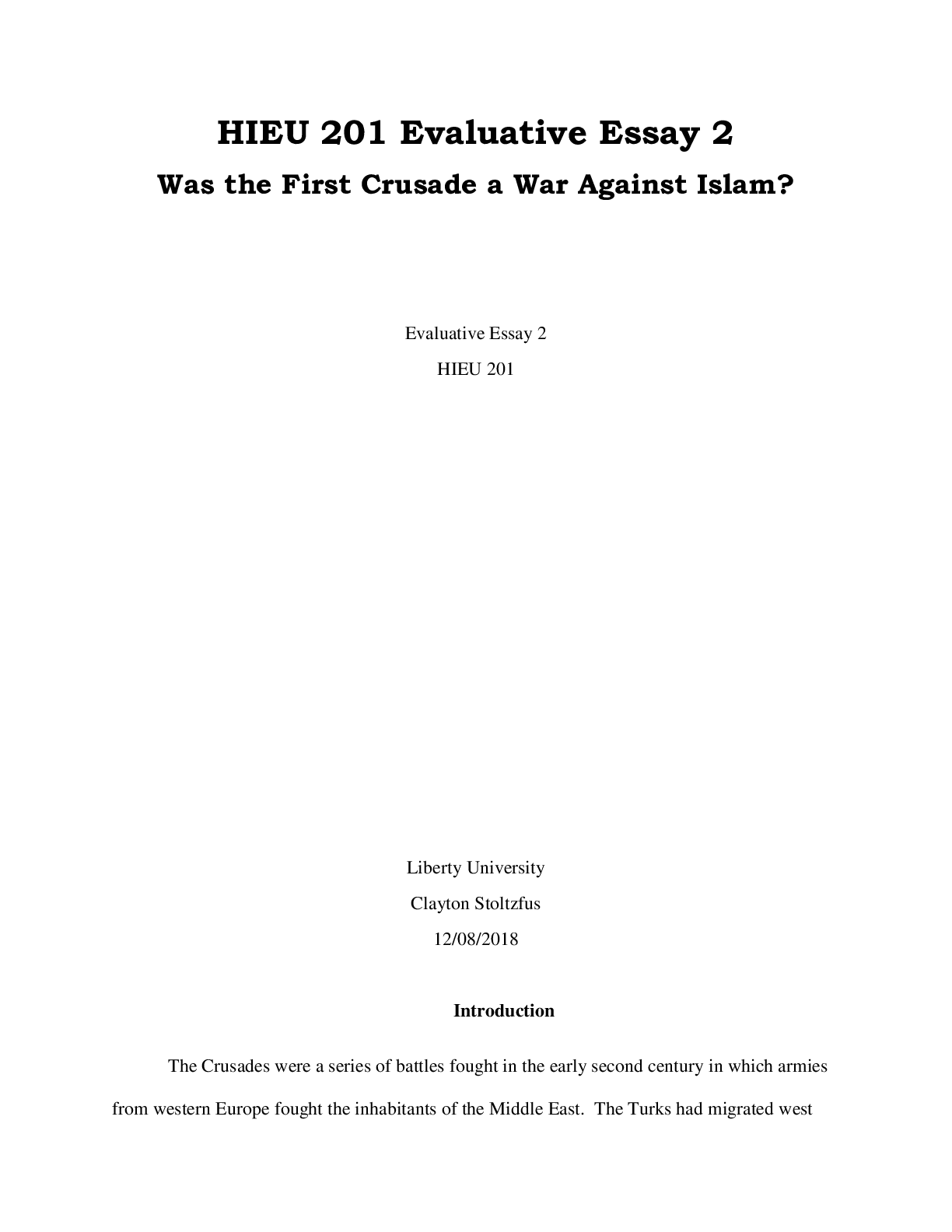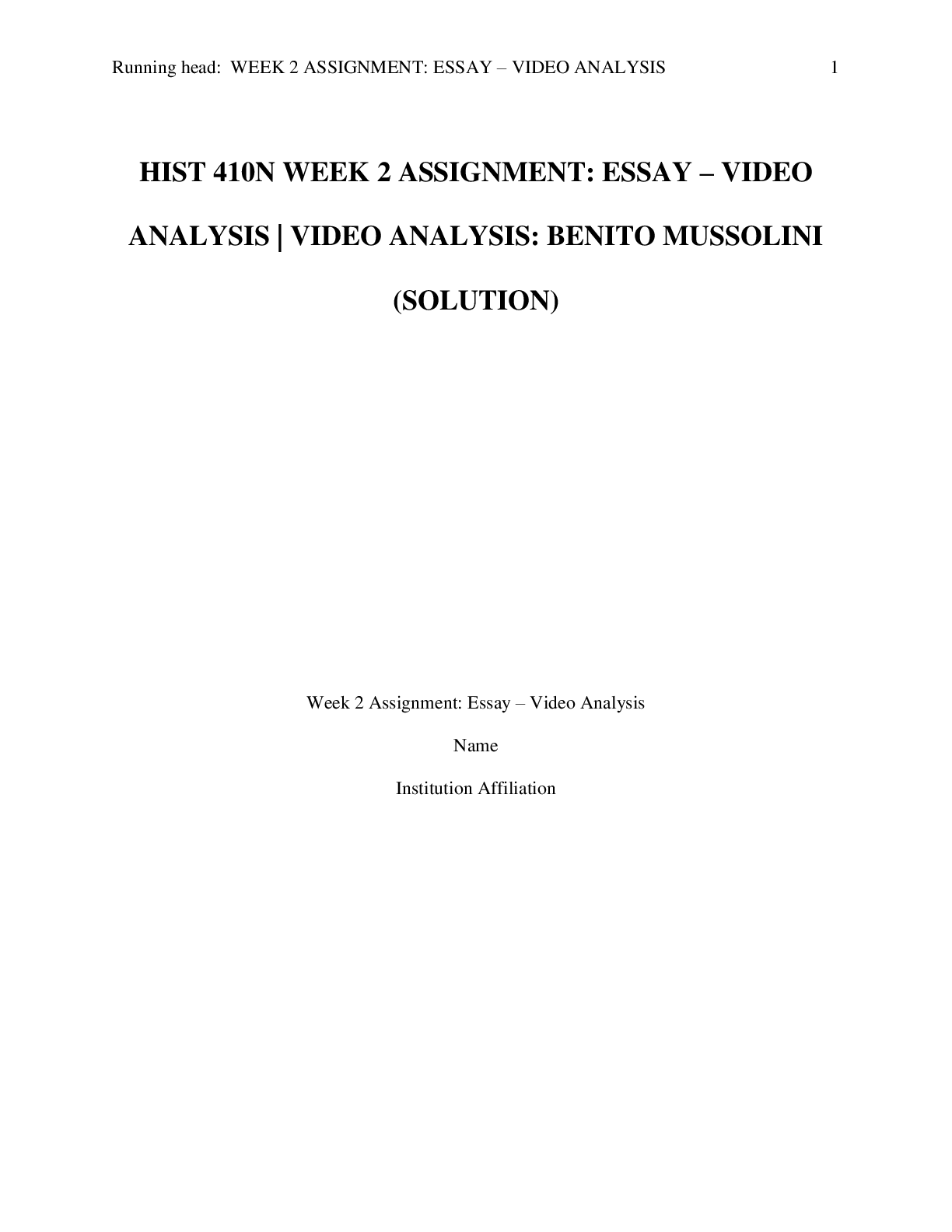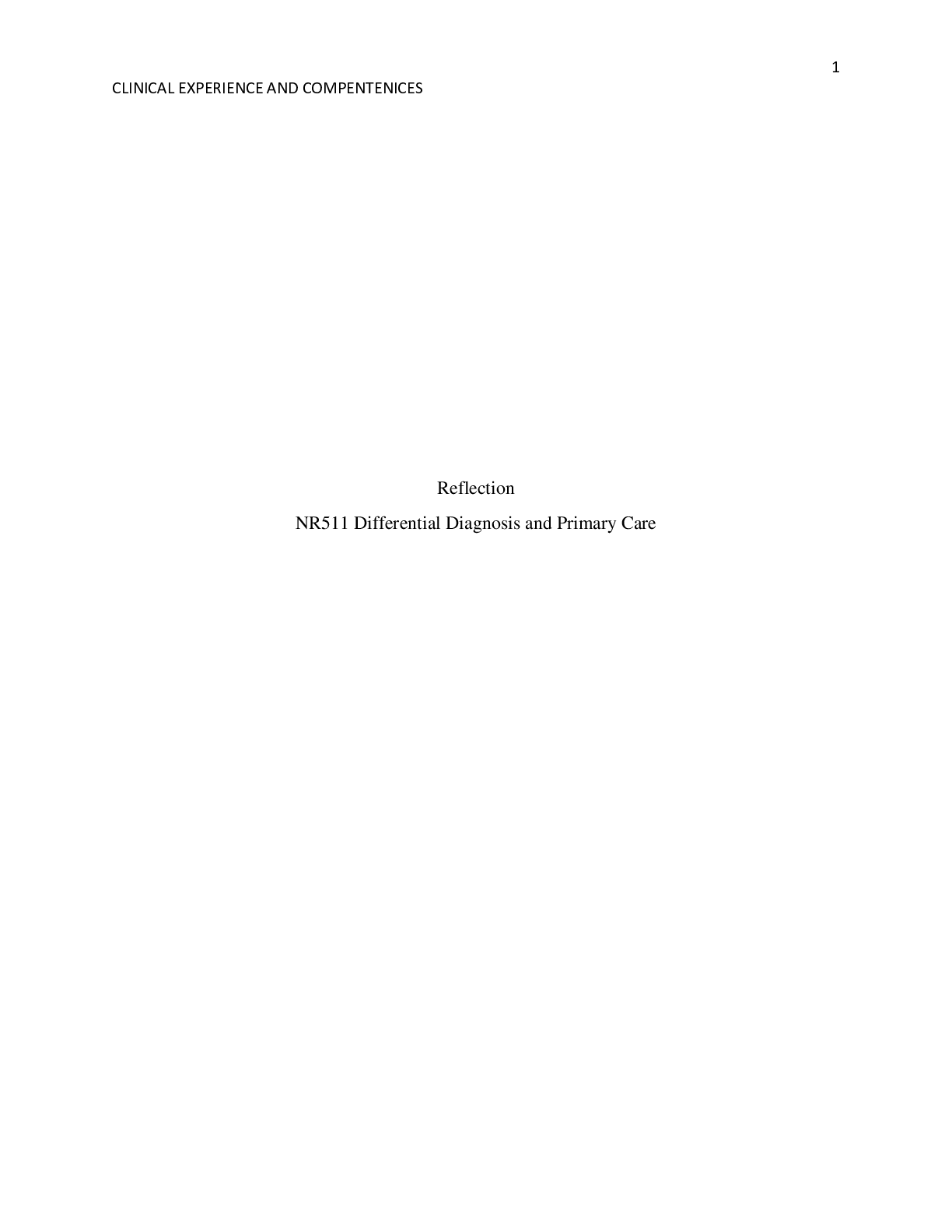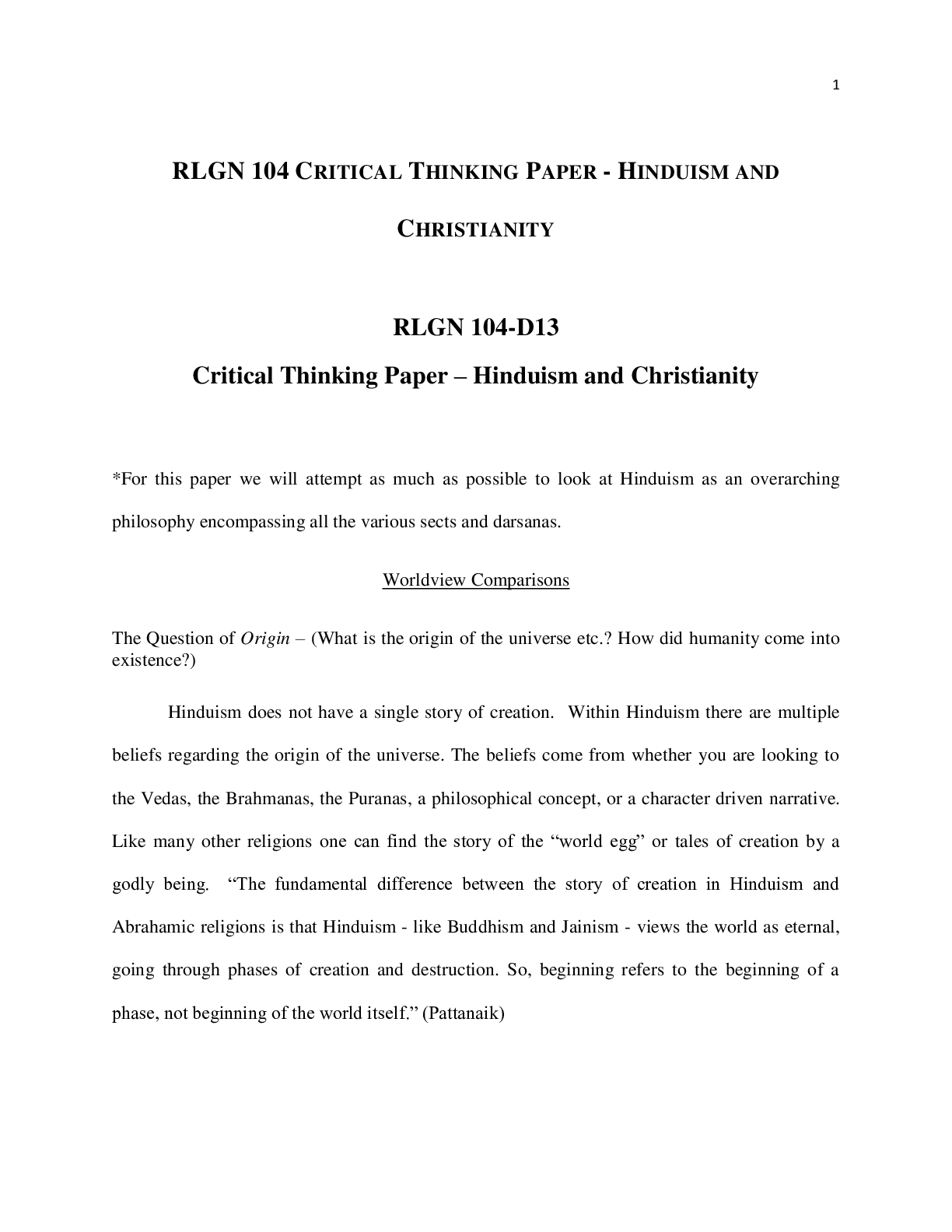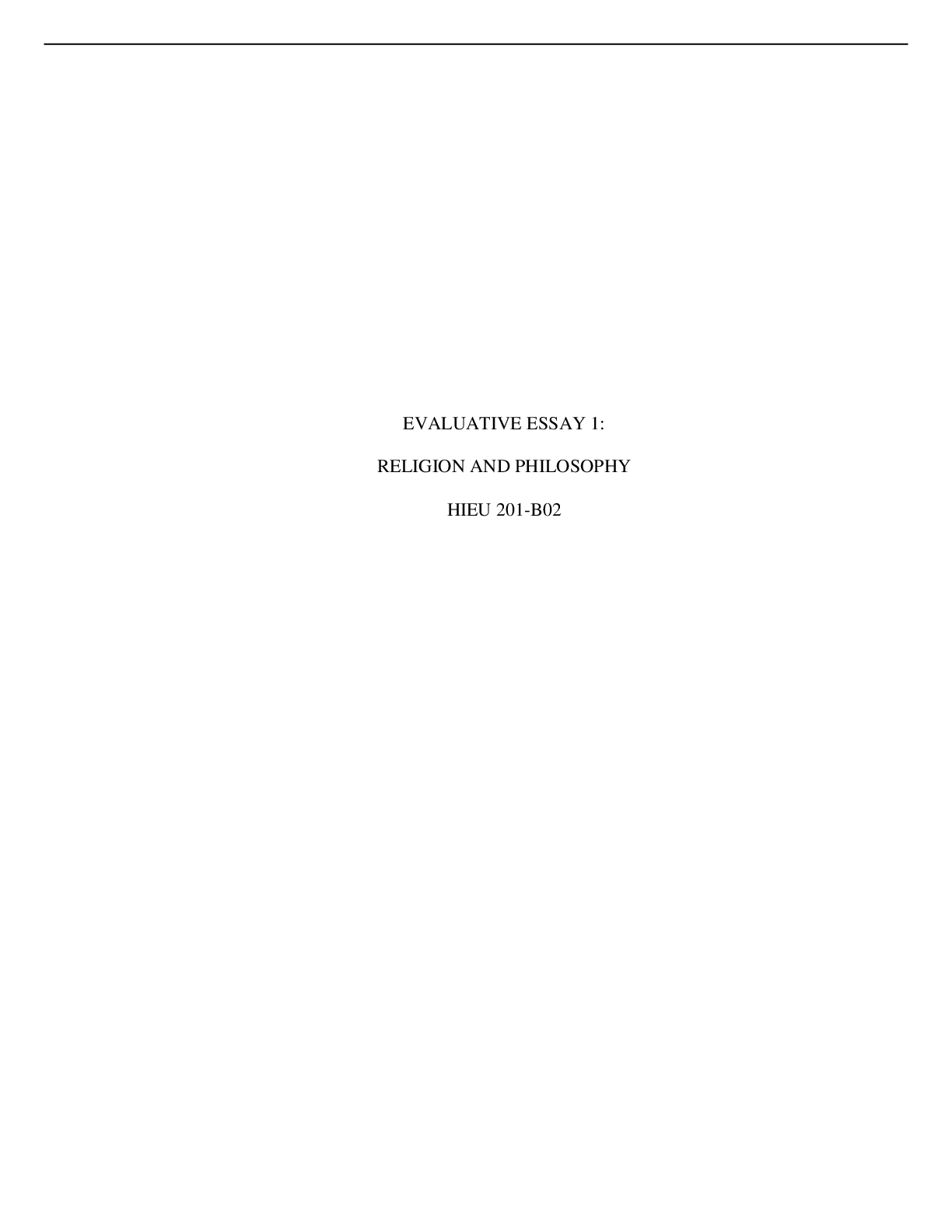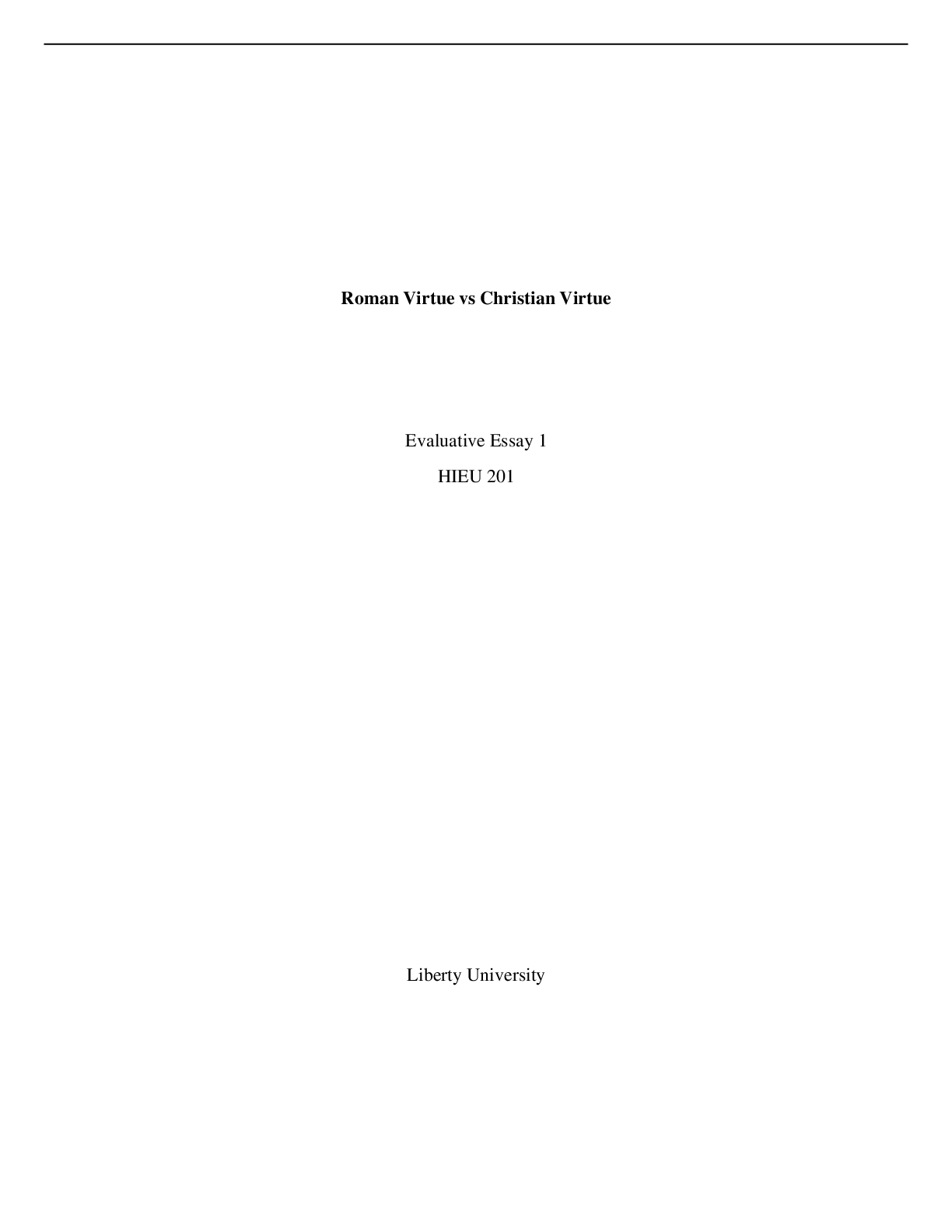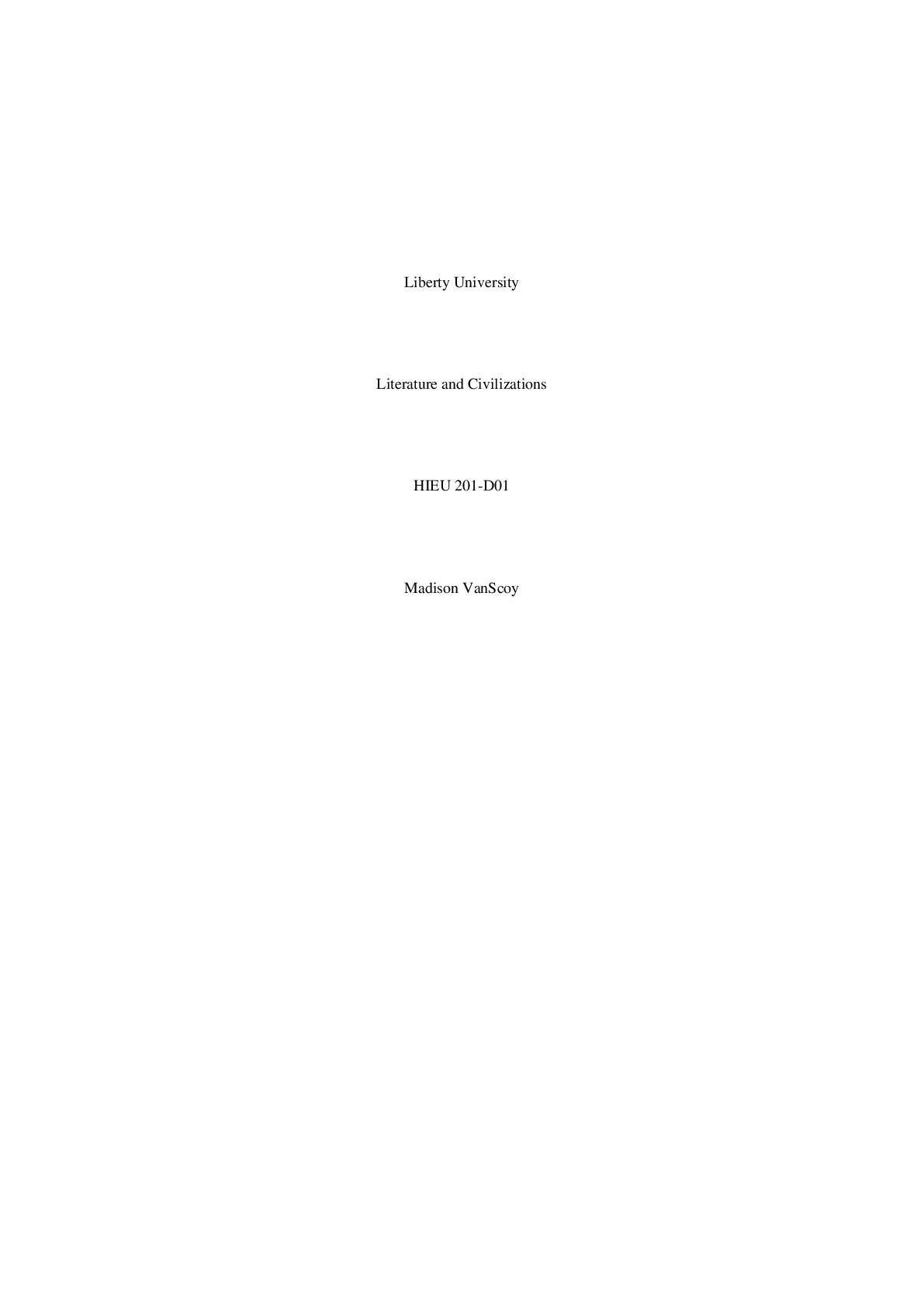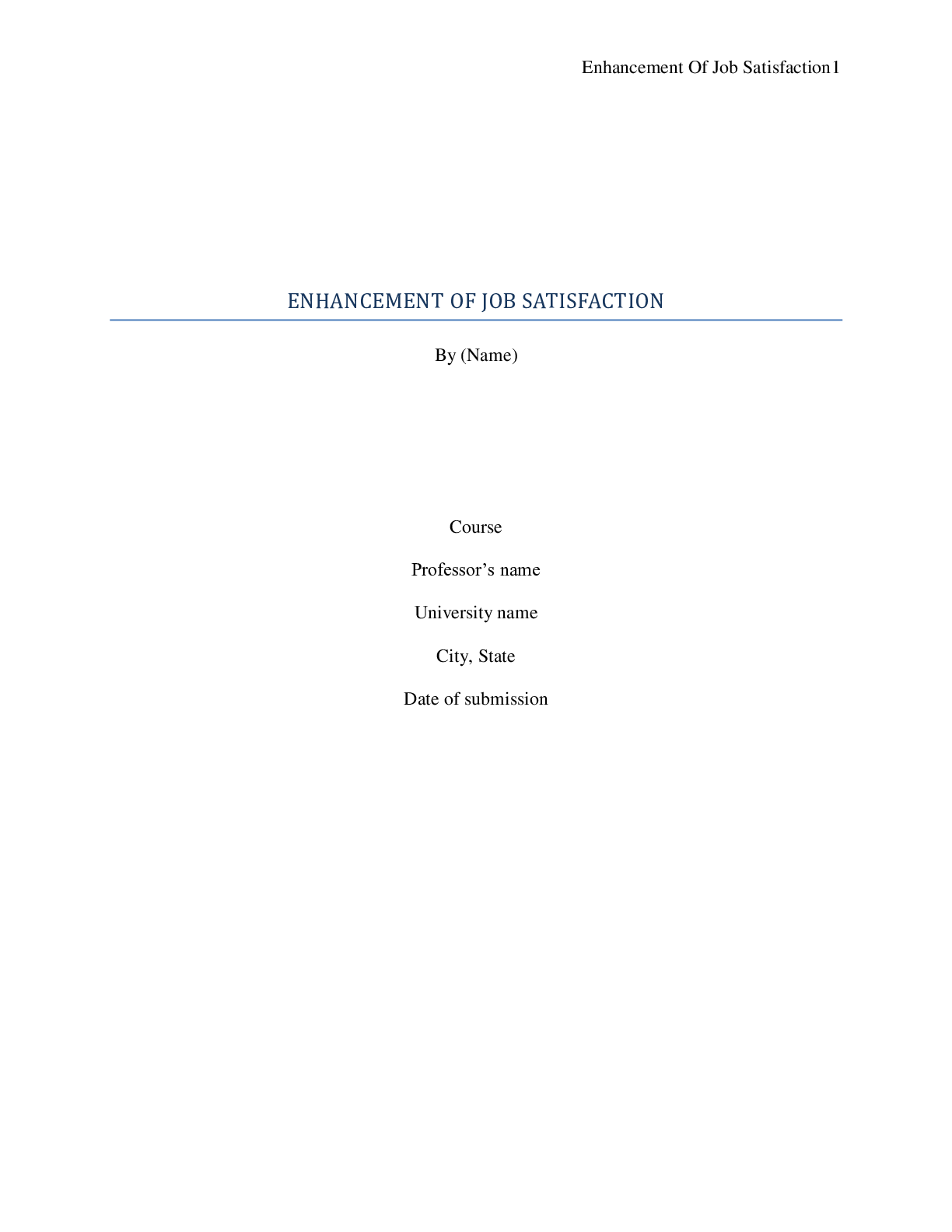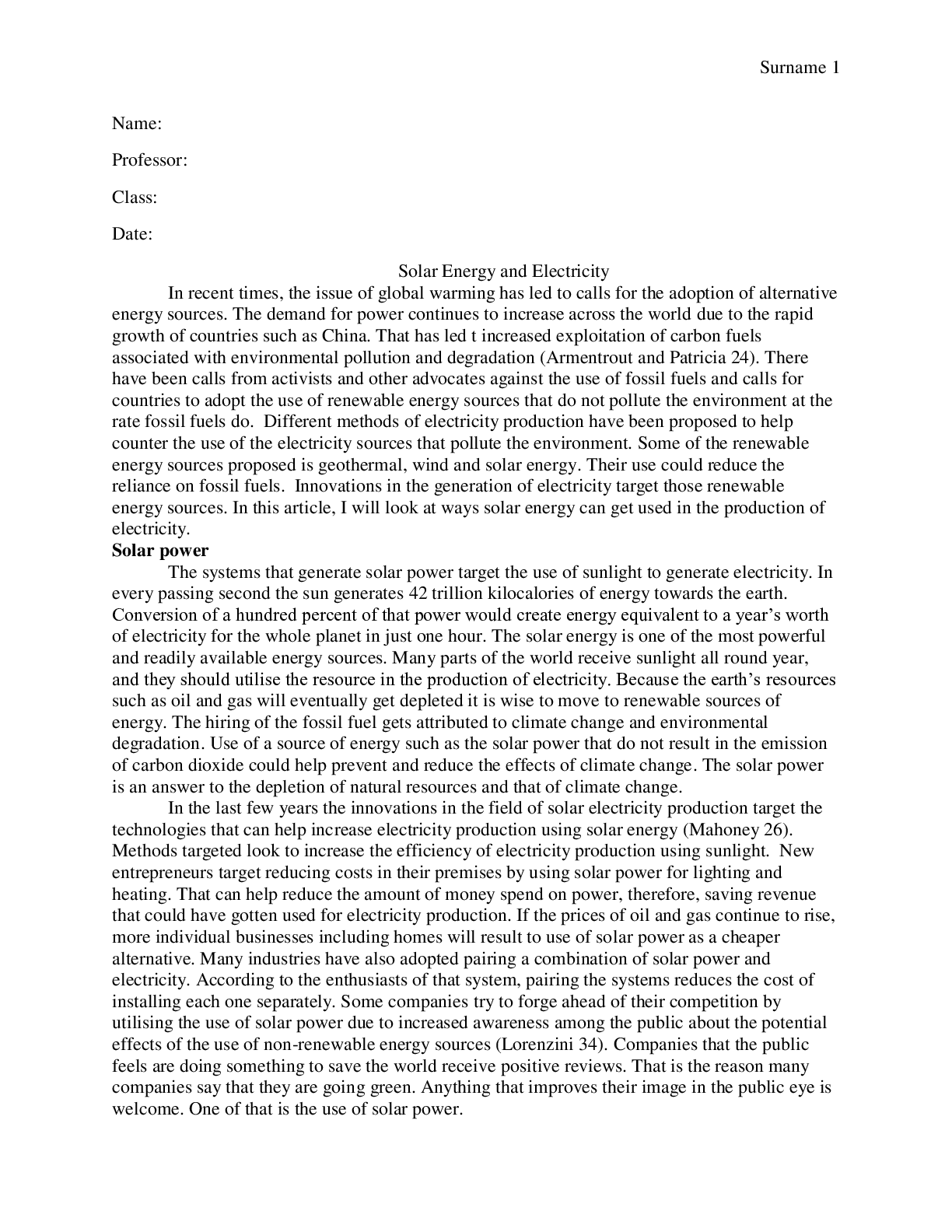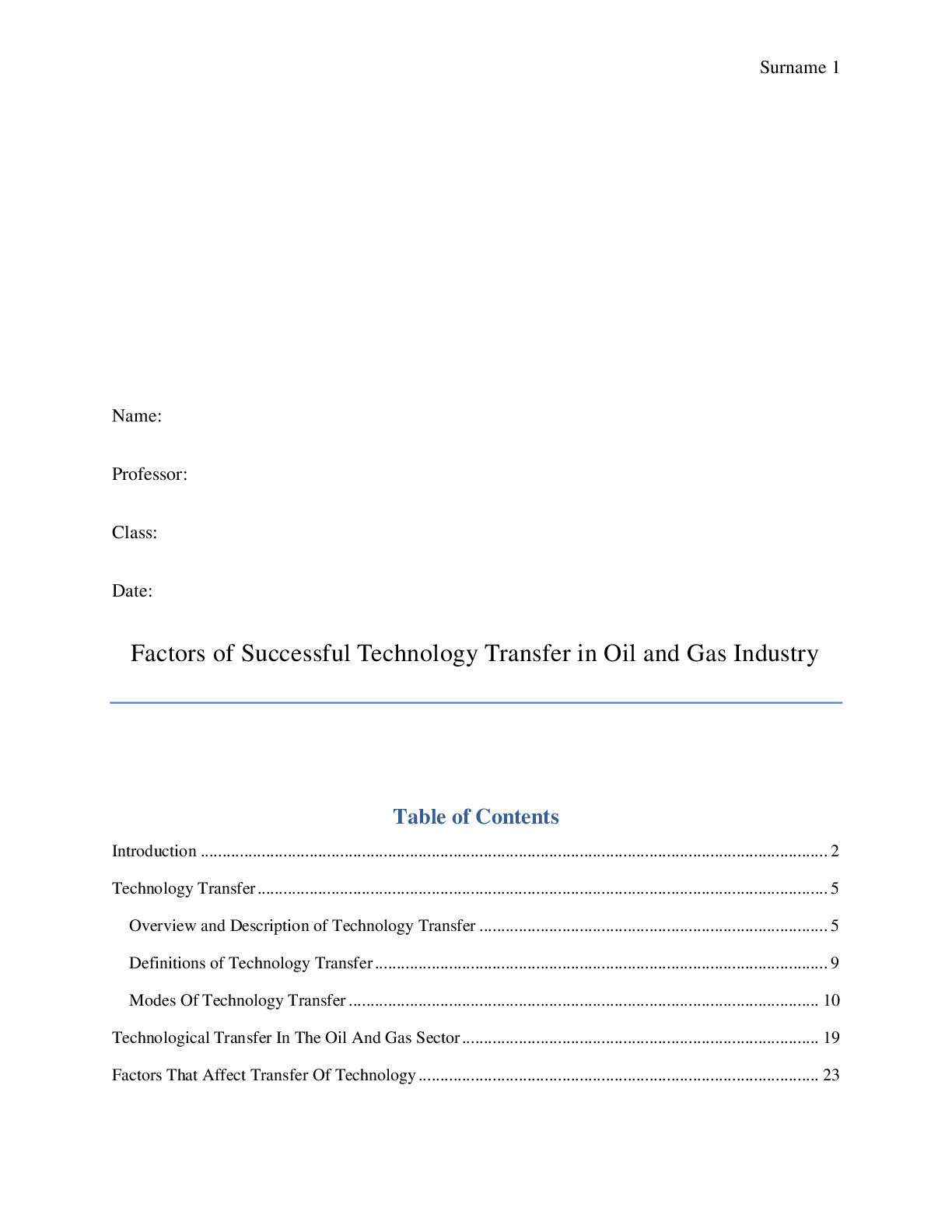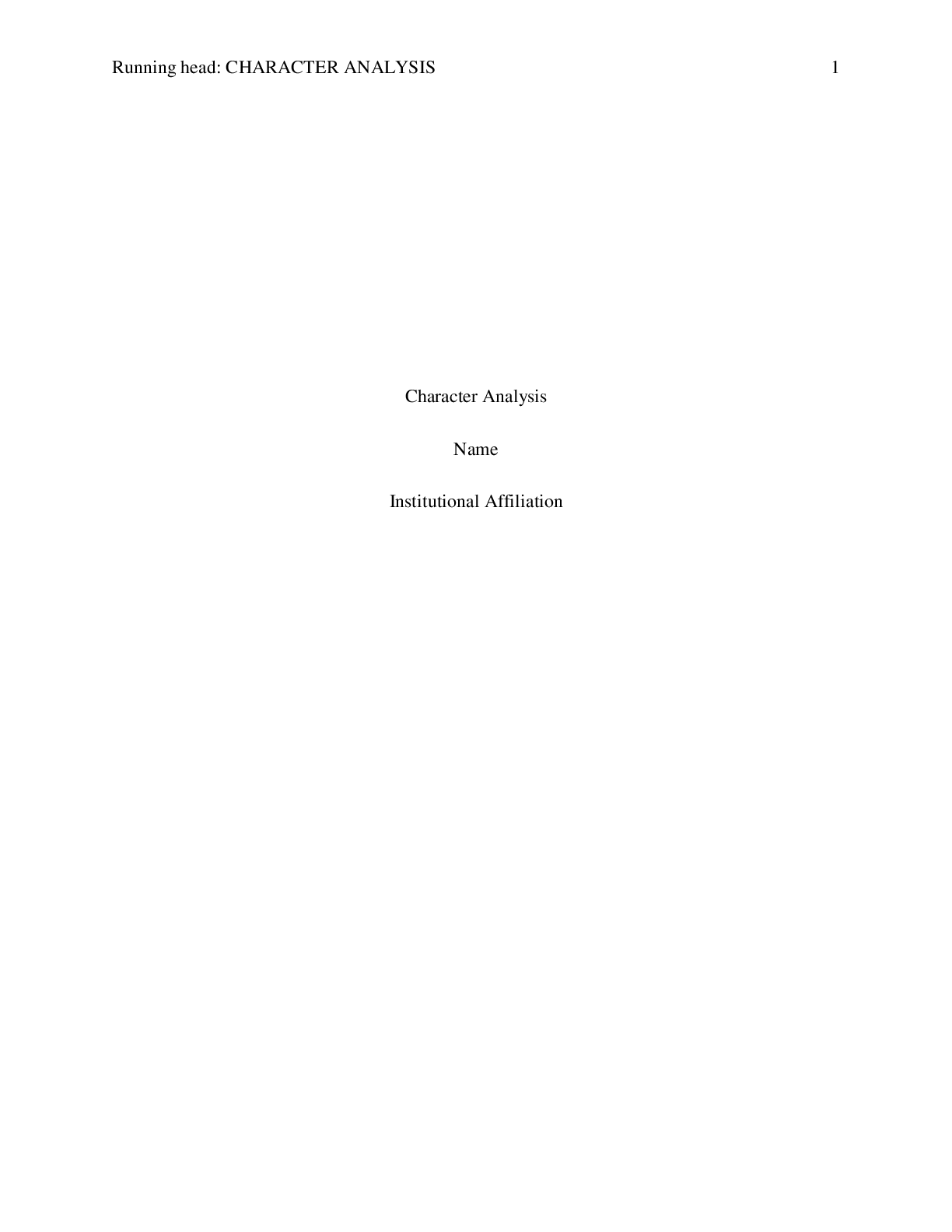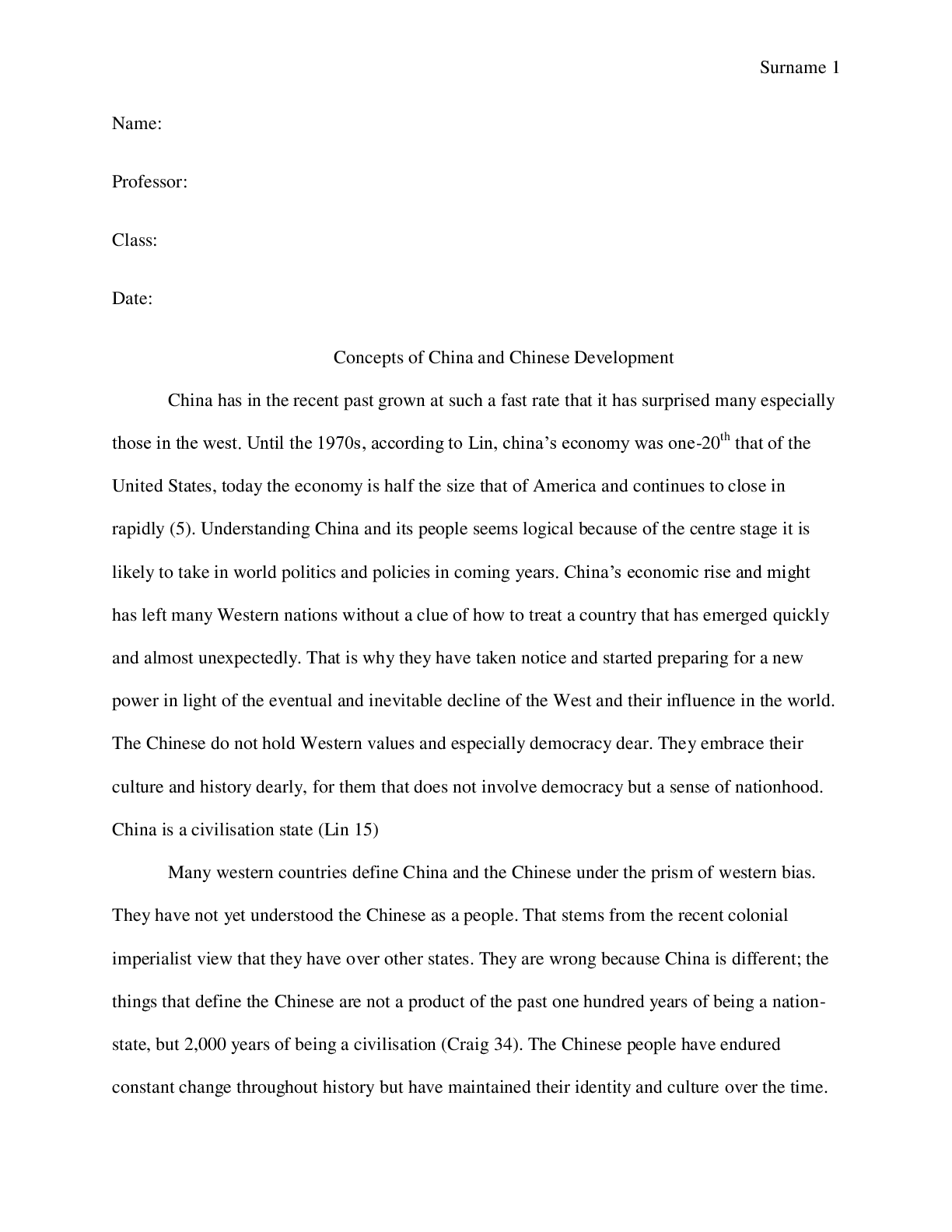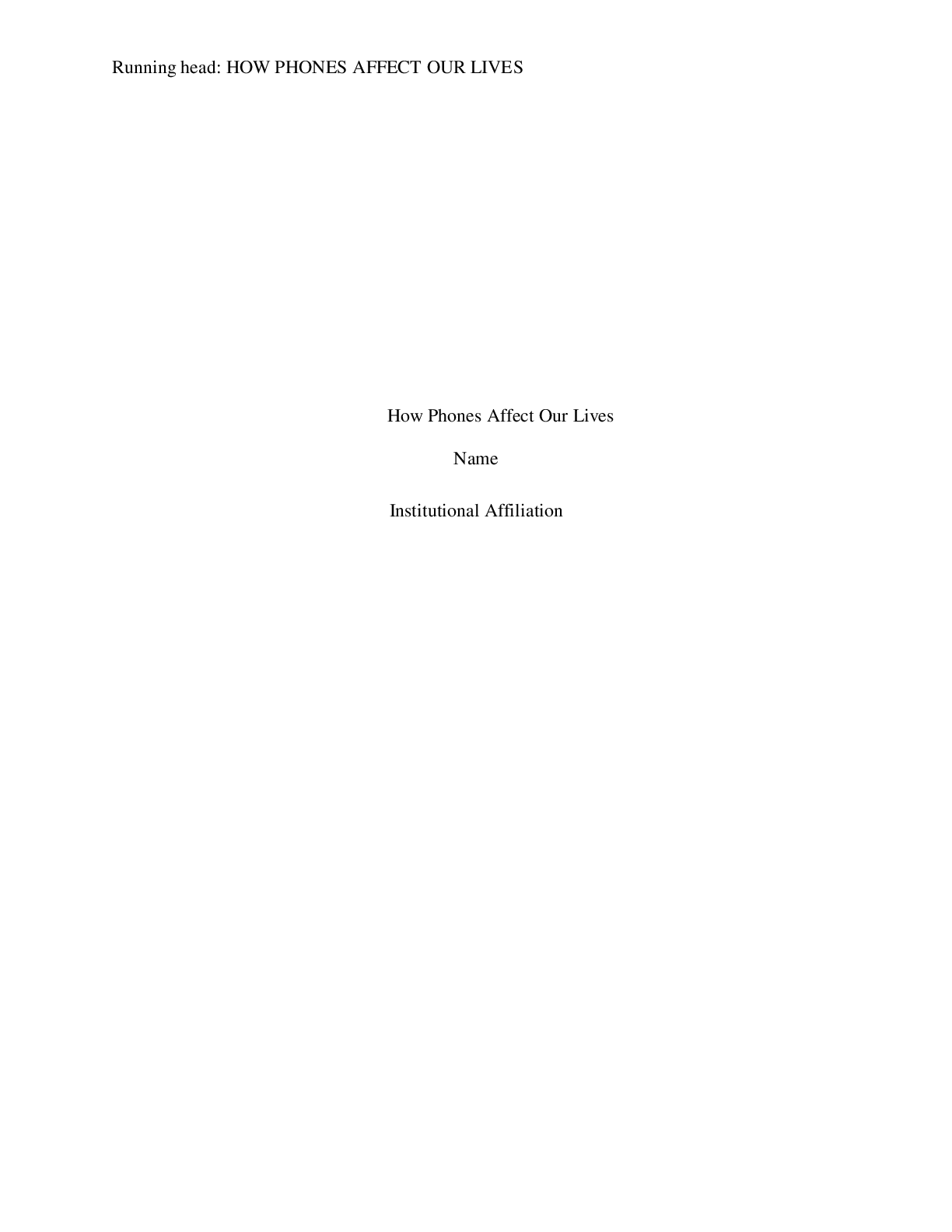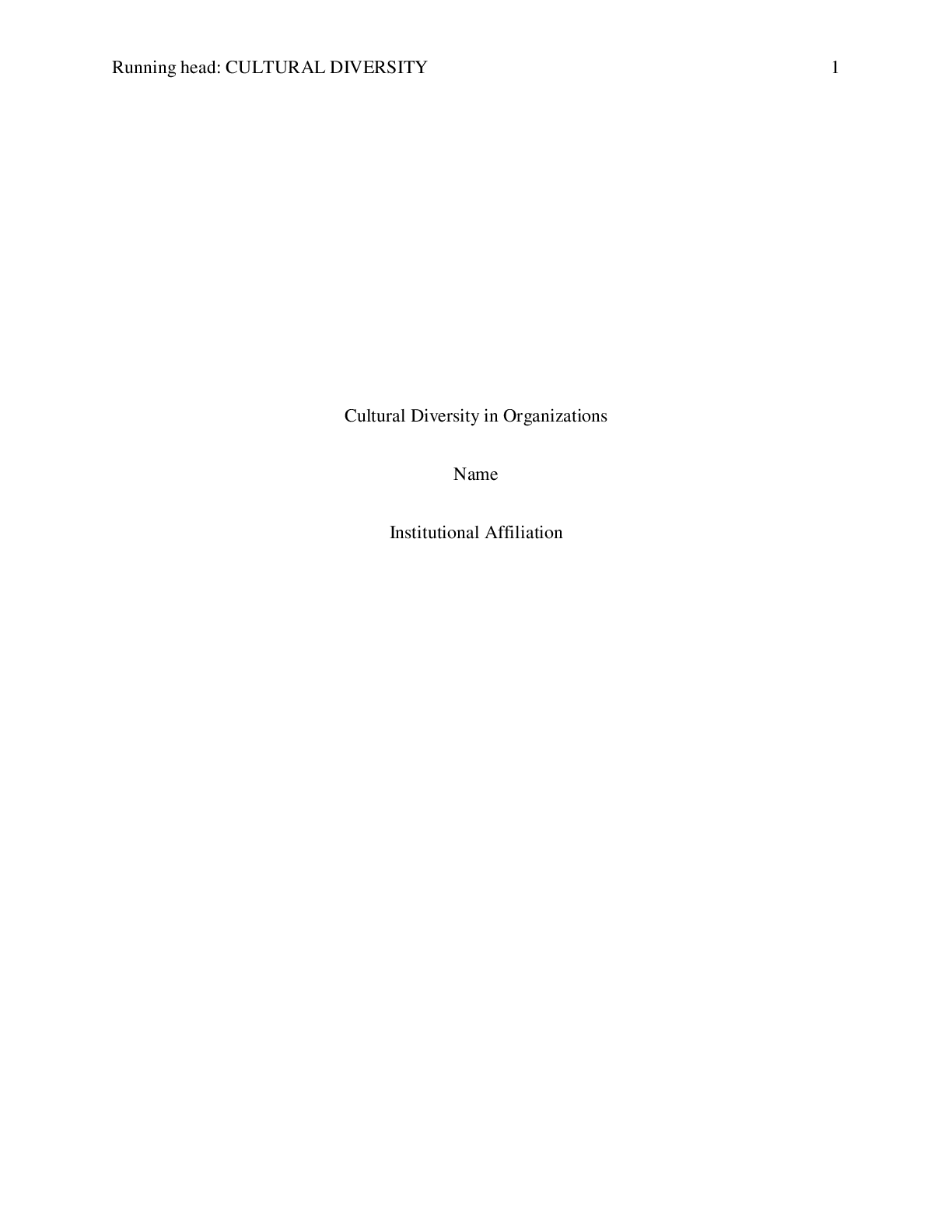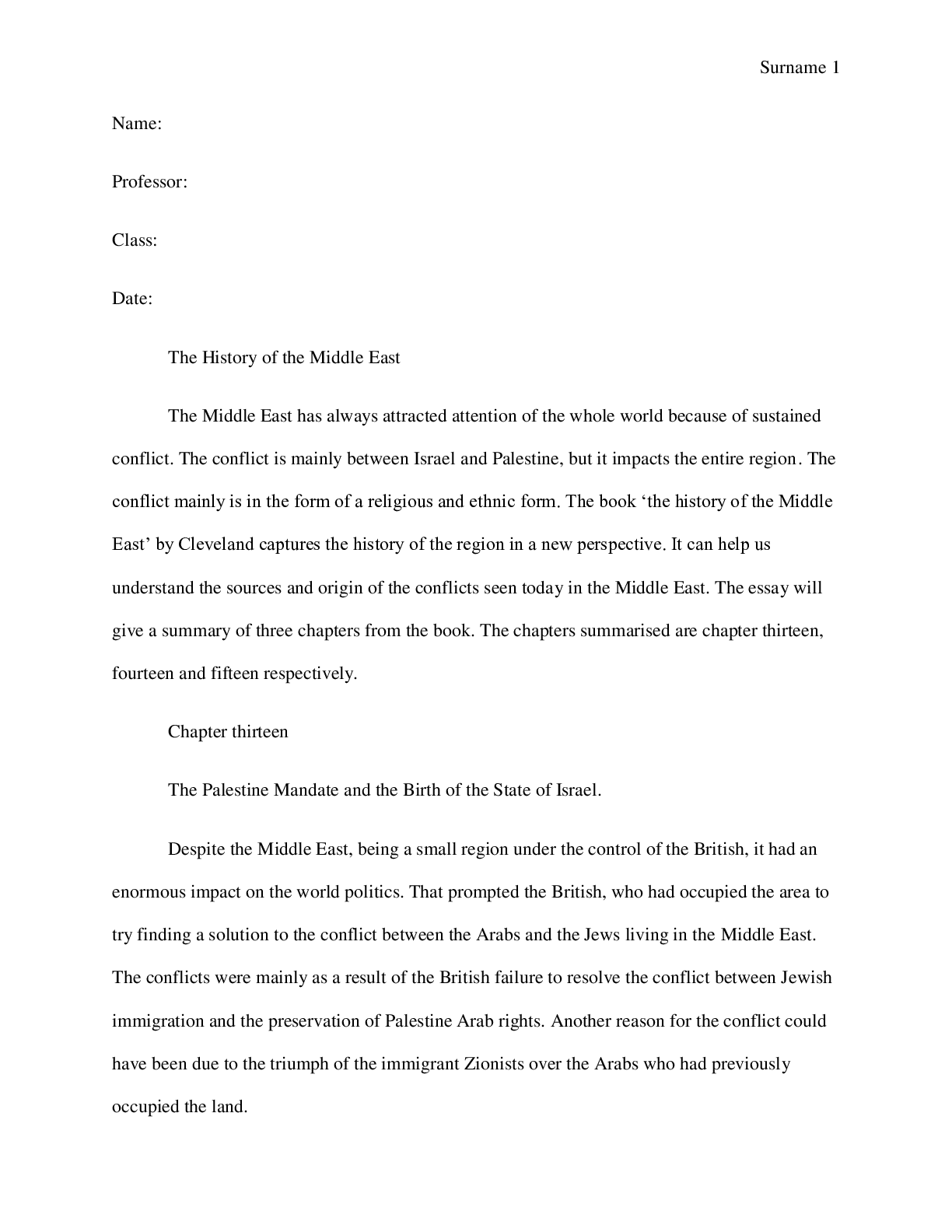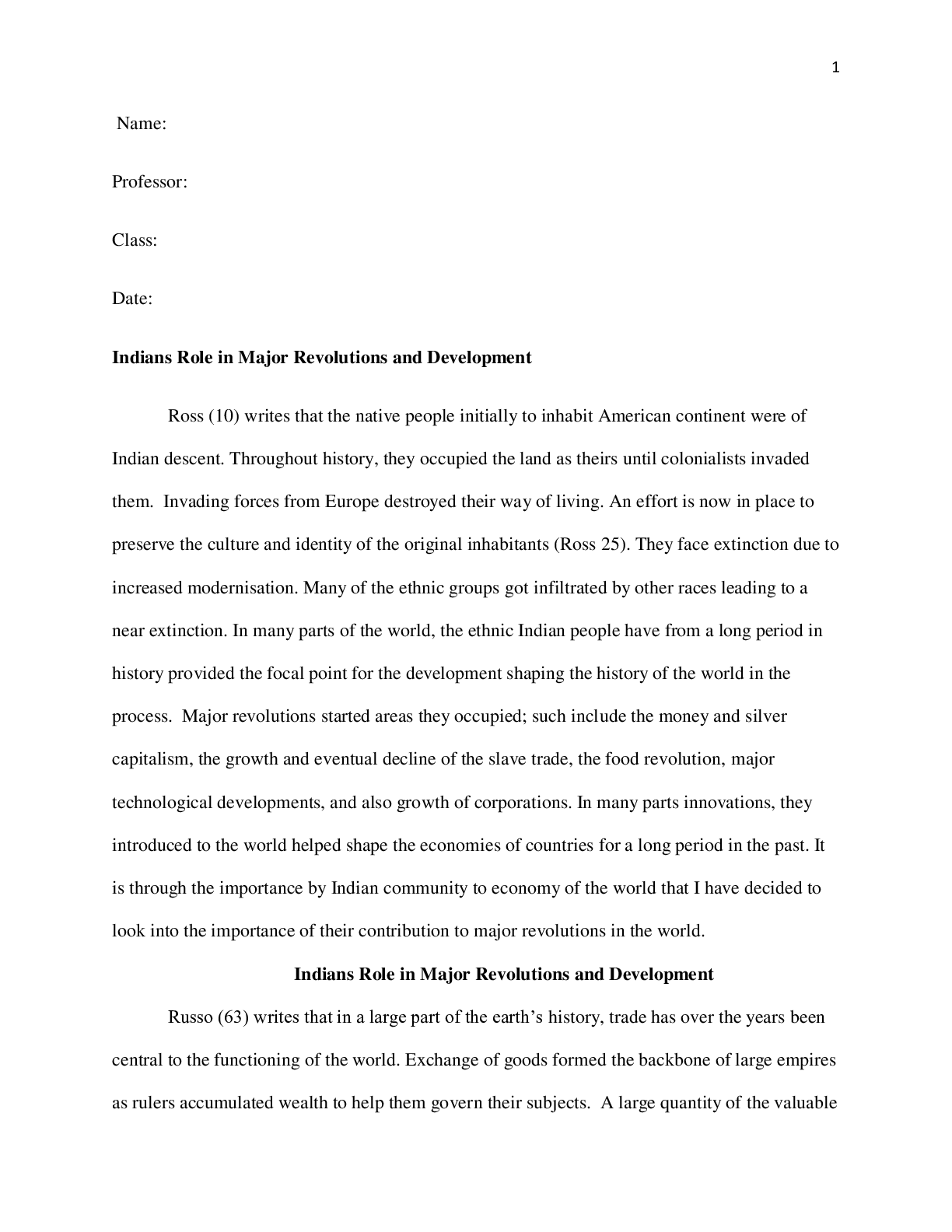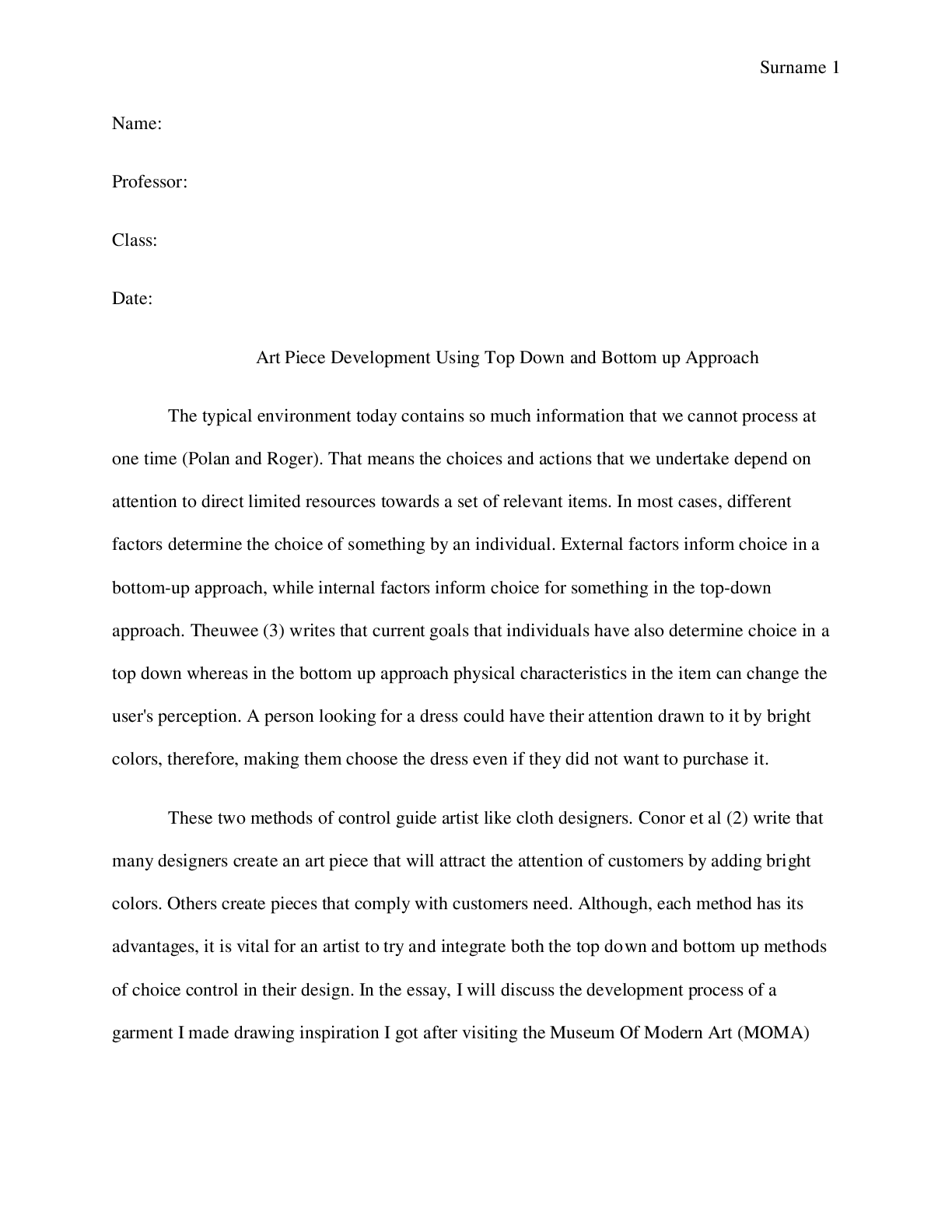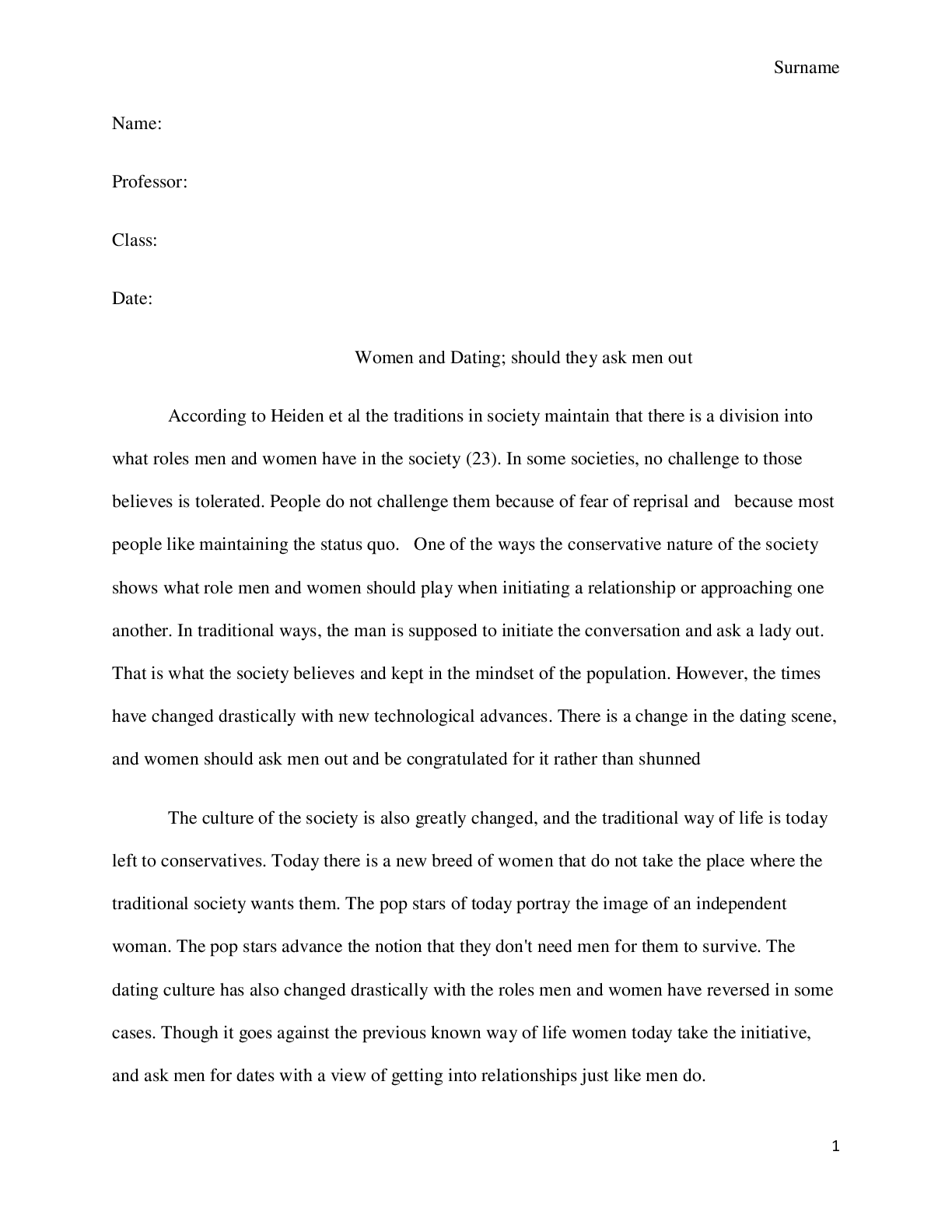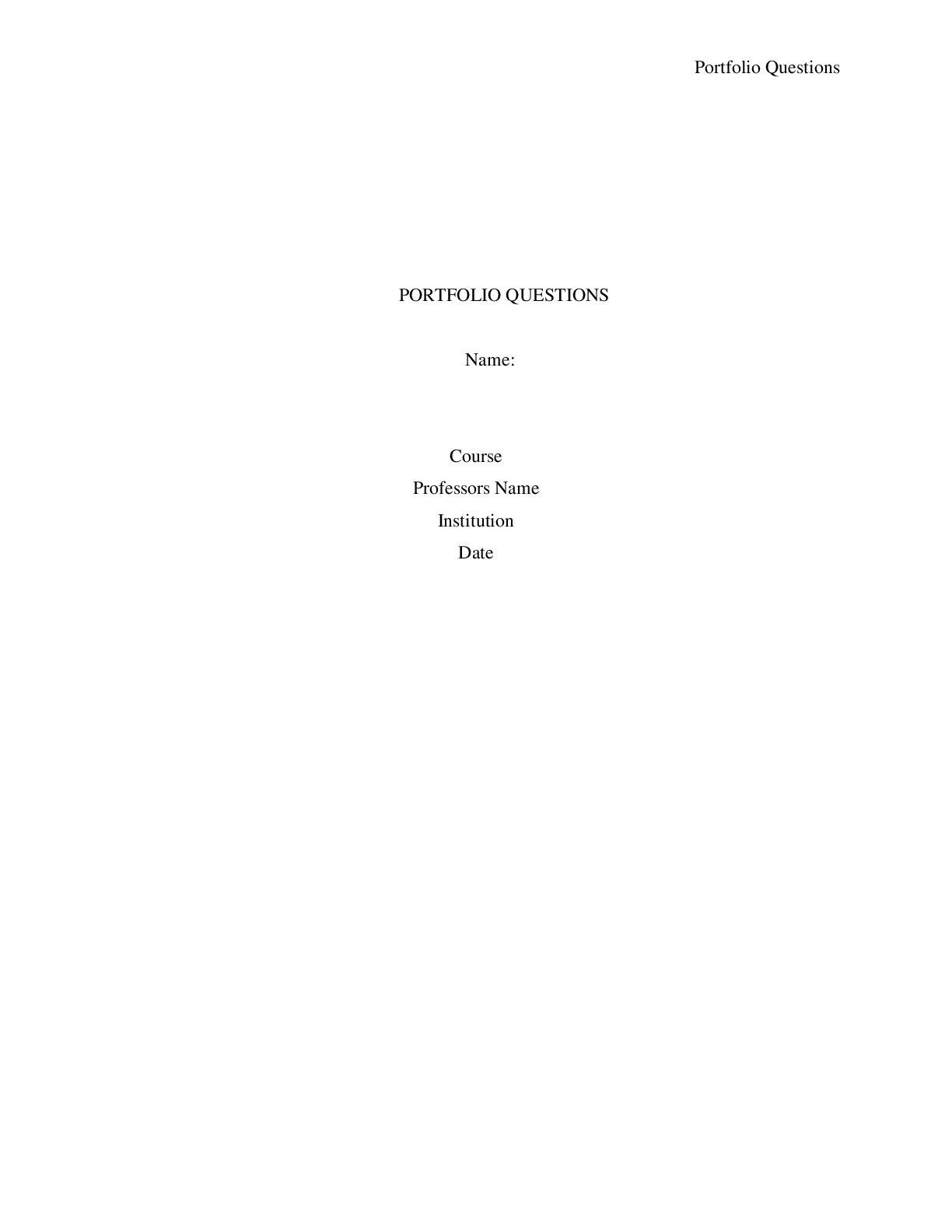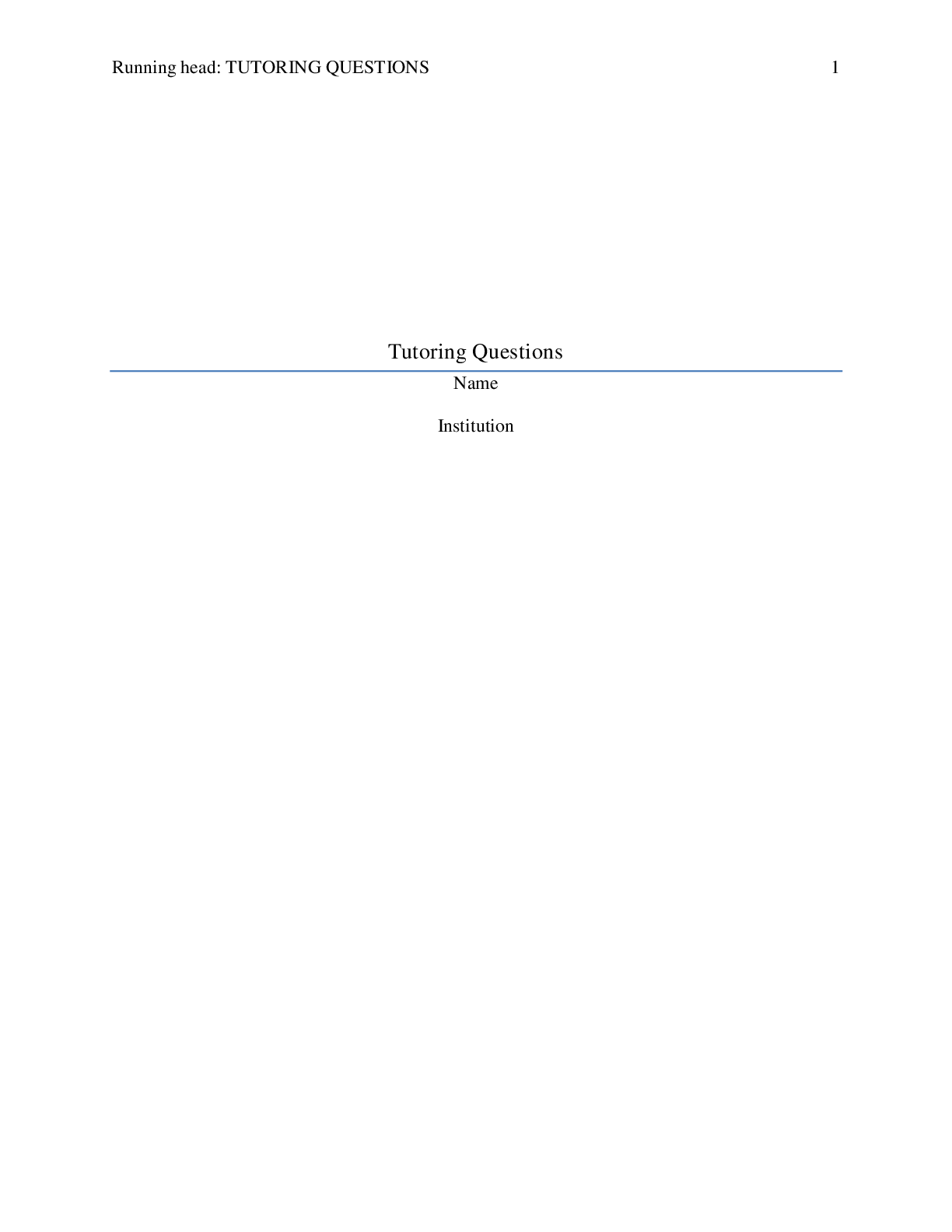History > ESSAY > HIEU 201 Evaluative Essay 1 Roman Virtue vs Christian Virtue Completed A 2022/2023 (All)
HIEU 201 Evaluative Essay 1 Roman Virtue vs Christian Virtue Completed A 2022/2023
Document Content and Description Below
HIEU 201 Evaluative Essay 1 Roman Virtue vs Christian Virtue HIEU 201 Evaluative Essay 1 Roman Virtue vs Christian Virtue Evaluative Essay 1 HIEU 201 Liberty University 11/09/2020 Introduction... 1 One of the basic needs of mankind is to find meaning and purpose in life. Generally, this search ends up leading us to a lifestyle that seems profitable and worthwhile. It is, in essence, a life worth living. Although fulfillment may at first look like a life full of fun and pleasureseeking, it doesn’t take one long to realize that those pleasures are empty and meaningless. For this reason, philosophers down through the years have often come to the conclusion that real fulfilment can be found in a life of virtue, or a life of high moral quality and character. This viewpoint was strongly held forth by the Stoics in ancient Greece and is a central tenant to the Christian faith as well.1 Although both views hold virtue in high regard, there are stark differences between them. The Stoic philosophers and the Romans saw virtue as something to be lived in the moment primarily to advance one’s personal agenda; while Christians saw and lived virtue as a lifestyle of sacrifice and service that had immediate and eternal rewards, making their viewpoint much more attractive and beneficial to all of mankind.2 Roman vs Christian Virtue 1. Perry, Western Civilization: Ideas, Politics, and Society, 8-5 2. “What Were Early Christians Like?” Christianity.com, accessed November 13, 2018, http://www.christianity.com/church/church-history/timeline/1-300/what-were-early-christianslike-11629560.html2 The Romans and Christians were both very interested in living lives of value and virtue. Many Romans followed the teachings of the Stoics, a philosophy founded by Zeno of Citium. The Roman stoics valued virtue very highly and worked diligently to live lives that extolled the virtues they felt were important. In his “Meditations” (CE 167), Marcus Aurelius expressed his views on the pursuit and expression of virtue. His basis for virtue, as was the case with the Greeks, is founded on that which can be rationalized and carefully reasoned. He argues that if something “is useful to you as a rational being, keep to it; but if it is only useful to you as an animal, say so, and maintain your judgement without arrogance: only take care that you make the inquiry by a sure method.”3 He acknowledges that virtue is not just pursuit of our “animal instincts,” but is something that transcends our base nature and compliments our life in a reasonable and structured way.4 Although this view of virtue may – at first glance – look very noble and seem to have many parallels to Christianity, there are several stark and significant differences. When Christianity proliferated in the Roman empire in the first and second centuries AD, it preached a similar message of self-denial and transcendent living found in 3. Jim Emmons, “Aurelius, Marcus: Meditations (CE 167),” Daily Life through History, accessed November 13, 2018. https://dailylife2-abc-clio-com.ezproxy.liberty.edu/Search /Display/1529153?terms=marcus+aurelius&sType=quick. 4. “What Were Early Christians Like?” Christianity.com, accessed November 13, 2018, http://www.christianity.com/church/church-history/timeline/1-300/what-were-early-christianslike-11629560.html3 Roman teachings.5 In spite of this, Christianity had significant clashes with the Roman world view and many disciples found themselves persecuted and even martyred for their faith. These conflicts came out of their differing views on the source, timing, and purpose of virtue. The Romans’ source of virtue varies greatly from that of the Christian. As a religion teaching the existence of an omnipotent Creator, Christianity’s source of virtue is readily apparent. As Christ taught in Matthew 5, Christians are called to “be perfect, as your heavenly Father is perfect” (Matthew 5:48, ASV). Christians look to God as the source of all life and the originator of any standard of virtue. This external source of virtue gave the Christian extra motivation to live up to the standard set for him. Romans, on the other hand, had a skeptical view of the divine and had to derive their virtue from another source.6 As was mentioned earlier, their virtue came from that which could be reasoned and was largely internal. Aurelius exhorted his readers to “think steadily as a Roman and a man to do what you have in hand with perfect and simple dignity”.7 5. “What Were Early Christians Like?” Christianity.com, accessed November 13, 2018, http://www.christianity.com/church/church-history/timeline/1-300/what-were-early-christianslike-11629560.html. 6. Jim Emmons, “Aurelius, Marcus: Meditations (CE 167),” Daily Life through History, accessed November 13, 2018. https://dailylife2-abc-clio-com.ezproxy.liberty.edu/Search /Display/1529153?terms=marcus+aurelius&sType=quick. 7. Ibid.4 While Christians had a forward-looking world view with the ultimate goal of living with Christ, the Romans had to satisfy themselves with living in the present. In Jesus’ teachings on virtue, he continually extolls the eternal rewards of the virtuous life, saying that His followers, will “see God” (Matthew 5:8), “be called sons of God” (Matthew 5:9), will “inherit the kingdom of heaven” (Matthew 5:10), and so on. In a piece in Christianity Today, Rodney Stark mentions the apology of Tertullian in AD 197. Tertullian says that “We (Christians) are a body knit together as such by a common religious profession, by unity of discipline, and by the bond of a common hope.”8 The hope of the Christian is to spend eternity with Christ, which allows him to serve faithfully and joyfully and view his worldly treasures as simply temporary and of minor significance. Romans had to focus on the present, as Aurelius points out: “every man lives only this present time, which is an indivisible point, and that all the rest of his life is either past or it is uncertain.”9 In spite of the nobleness of the virtues, this view ultimately leads to despair. Finally, while Roman virtue was self-centered and self-seeking, Christianity focused on the good of mankind. Understanding that they were destined for another place and another time, Christians – especially the early church – focused almost exclusively on caring for those around 8. “What Were Early Christians Like?” Christianity.com, accessed November 13, 2018, http://www.christianity.com/church/church-history/timeline/1-300/what-were-early-christianslike-11629560.html 9. Jim Emmons, “Aurelius, Marcus: Meditations (CE 167),” Daily Life through History, accessed November 13, 2018. https://dailylife2-abc-clio-com.ezproxy.liberty.edu/Search /Display/1529153?terms=marcus+aurelius&sType=quick.5 them and seeking the common good of the church and the community.10 In Acts chapters 4 and 5 the early church is described as sharing their goods and having “all things in common” (Acts 4:32). This led to a community of believers living in unity and harmony, seeking solely to glorify God and ministering to the needs around them. Conclusion In conclusion, the Christian view of virtue turned the self-serving Greco-Roman society on its head. As Rodney Stark describes it: (block quotations for more than five lines of quotes) Christianity revitalized life in Greco-Roman cities by providing new norms and new kinds of social relationships able to cope with many urgent problems. To cities filled with the homeless and impoverished, Christianity offered charity as well as hope. To cities filled with newcomers and strangers, Christianity offered an immediate basis for attachment. To cities filled with orphans and widows, Christianity provided a new and expanded sense of family. To cities torn by violent ethnic strife, Christianity offered a new basis for social solidarity. And to cities faced with epidemics, fire, and earthquakes, Christianity offered effective nursing services. . . . For what they brought was not simply an urban movement, but a new culture capable of making life in Greco-Roman cities more tolerable.11 It’s not difficult to see which virtues have a greater and more beneficial impact on humanity. 10. “What Were Early Christians Like?” Christianity.com, accessed November 13, 2018, http://www.christianity.com/church/church-history/timeline/1-300/what-were-early-christianslike-11629560.html 11. Ibid.6 Bibliography Emmons, Jim. “Aurelius, Marcus: Meditations (CE 167).” Daily Life through History. Accessed November 13, 2018. https://dailylife2-abc-clio-com.ezproxy.liberty.edu/Search /Display/1529153?terms=marcus+aurelius&sType=quick. Perry, Marvin. Western Civilization: Ideas, Politics, and Society. Boston: Cengage Learning, 2016. “What Were Early Christians Like?” Christianity.com. Accessed November 13, 2018. http://www.christianity.com/church/church-history/timeline/1-300/what-were-earlychristians-like-11629560.html. [Show More]
Last updated: 1 year ago
Preview 1 out of 7 pages
Instant download
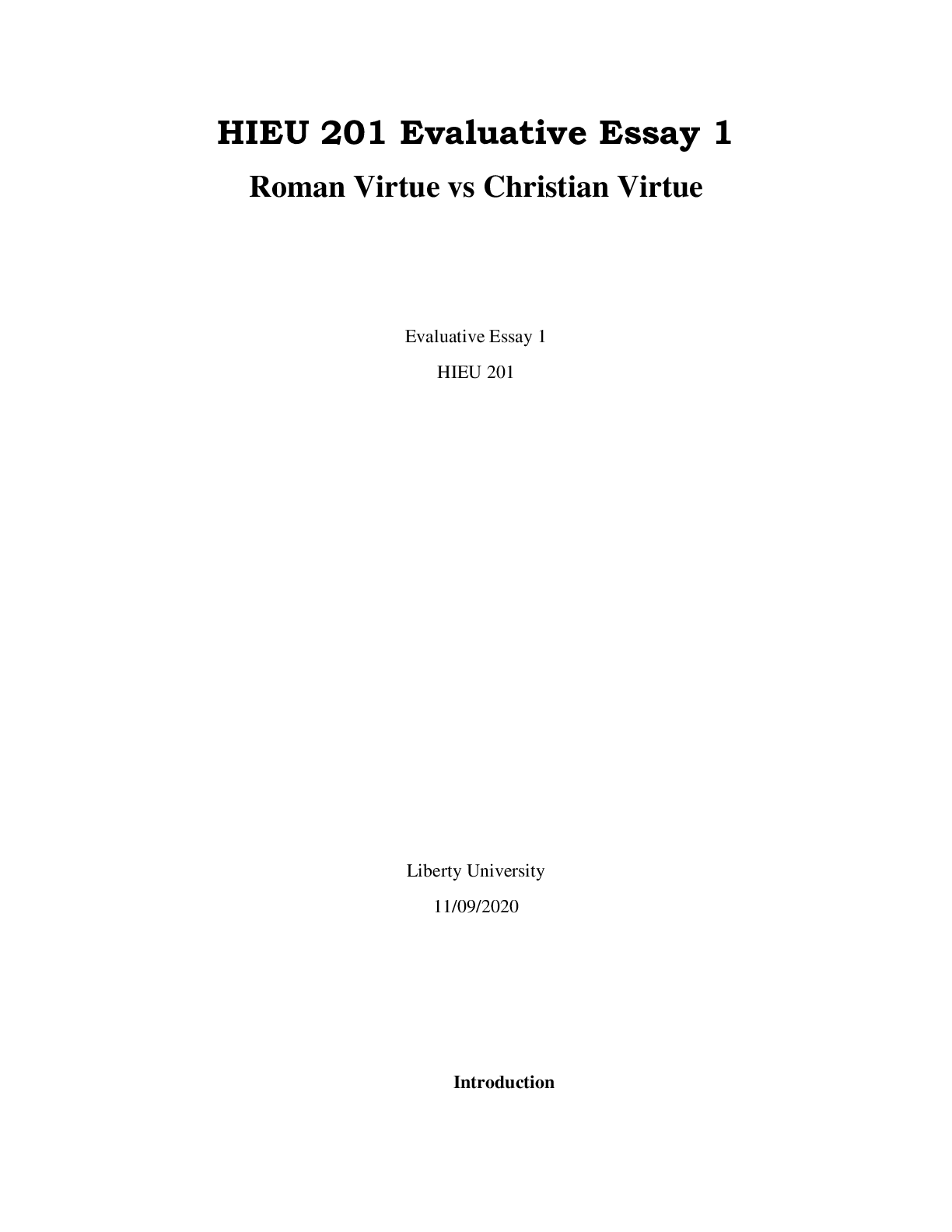
Instant download
Reviews( 0 )
Document information
Connected school, study & course
About the document
Uploaded On
Mar 16, 2021
Number of pages
7
Written in
Additional information
This document has been written for:
Uploaded
Mar 16, 2021
Downloads
0
Views
45

